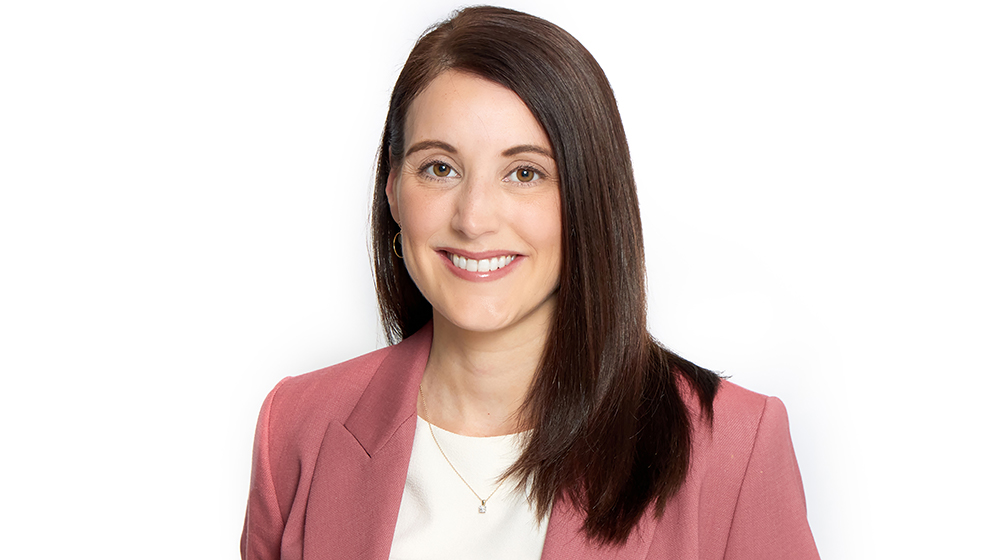Understand Your Rights. Solve Your Legal Problems


Chartered Trade Mark Attorney Beverley Robinson sheds some light on the effects of the health crisis on trade mark law and IP more broadly, as well as the other trends currently shaping the careers of trade mark attorneys.
How we interact with colleagues and clients has changed significantly, moving from a more formal meeting setting to one that is more relaxed. Whilst the benefits of face-to-face meetings can never truly be replicated with virtual meetings, the convenience of video makes it easier to keep in touch regularly with clients.
We also now work in a more agile way that includes both home working and office working, which can allow for greater flexibility and increased productivity.
As a result of the pandemic, businesses have had to adapt and diversify. This naturally has led to a wave of new innovations requiring IP protection.
In particular, a significant increase in eCommerce has driven innovation in online marketplaces and social media platforms but has also given rise to a significant increase in counterfeit goods. This has resulted in an increased need for online protection of rights and enforcement strategies.
Our role involves an international element as managing our clients’ global portfolios requires us to work with a large network of trusted overseas associates. Building and maintaining these relationships during the pandemic was more challenging due to travel restrictions, and communication channels had to be kept open. In-person conferences and events, where we can reconnect with our contacts and foster new relationships, are now more important than ever.
Traditionally, the teaching of trainees and junior members of the profession took place in an office environment, where conversations could be had easily, colleagues could be observed and learning could be done by osmosis. During the pandemic, this was not possible, and we had to adapt to new ways of teaching to ensure junior attorneys continued to learn and gain practical experience.
How we interact with colleagues and clients has changed significantly, moving from a more formal meeting setting to one that is more relaxed.
Qualifying courses for trade mark attorneys moved online during the pandemic, but these have now reverted back to traditional class-based learning in recognition of the benefits of face-to-face tuition. In-person learning also facilitates meeting and building relationships with students’ industry peers.
Across virtually all industries and businesses, sustainability is a key factor influencing the purchasing decisions of increasingly more consumers. Businesses are trying to reduce the negative impact they have on the environment or society, even if this requires significant investment.
Building a brand that incorporates sustainability is vital. However, creating and maintaining an environmentally conscious brand image requires significant resources, and businesses are faced with the challenge of delivering the right message whilst complying with increasing regulation. Part of our role is to work with brand owners to get the messaging right, and to ensure that their investment and efforts to increase sustainability are captured and protected in their IP.
Brexit continues to impact our profession as we navigate new procedures and begin to better understand Brexit’s impact and practicalities on EU trade mark rights. Before Brexit, UK and EU trade mark law was harmonised, meaning it was possible to file a single trade mark application covering the whole of the EU, including the UK. Consequently, Brexit caused a lot of uncertainty for trade mark owners and their attorneys, and we are now ensuring that the necessary steps and strategic decisions have been taken to protect our clients’ IP.
As trade mark attorneys, we are fortunate enough to work in a fast-paced and dynamic environment which offers plenty of learning opportunities. When these opportunities arise, putting yourself forward to be involved with projects or meetings – even just to observe – can be invaluable. In my experience, working with as many people as possible broadens knowledge and experience as everyone works in different ways and has different strengths and skillsets.
As well as learning and understanding the law, take the time to learn about, and really understand, a client’s business, including its customers, structure, goals and ambitions. This will ensure your advice is more valuable and commercially focused advice and will help to build strong client relationships.
[ymal]
Take advantage of industry associations and events, which provide the opportunity to meet professionals in the industry, and to learn and share legal knowledge and experience. This can also help raise your profile within the IP community.
Beverley Robinson, Senior Associate
1 East Parade, Leeds, LS1 2AD, United Kingdom
Tel: +44 01132 465353
E: Beverley.Robinson@appleyardlees.com
Beverley Robinson is a Chartered Trade Mark Attorney and senior associate at intellectual property law firm Appleyard Lees IP LLP. She is experienced in contentious and non-contentious trade mark, design and copyright matters and acts for a broad range of clients across a variety of industries, including technology, retail, fashion and beauty. Beverley’s practice includes filing, prosecution, disputes and enforcement of IP rights. Beverley is a member of the Chartered Institute of Trade Mark Attorneys and the ECTA law committee.
Appleyard Lees is a leading intellectual property law firm with over 60 patent and trademark attorneys and litigators. The team brings broad sector and industry knowledge and offers a full spectrum of IP services, including initial strategy and scoping, prosecution, and post-grant support, should disputes or other issues arise. Working with some of the world’s most exciting innovators, largest companies and household names, the firm supports a broad range of IP owners and creators, including in-house teams, R&D specialists, owner-managers, and branding professionals.


